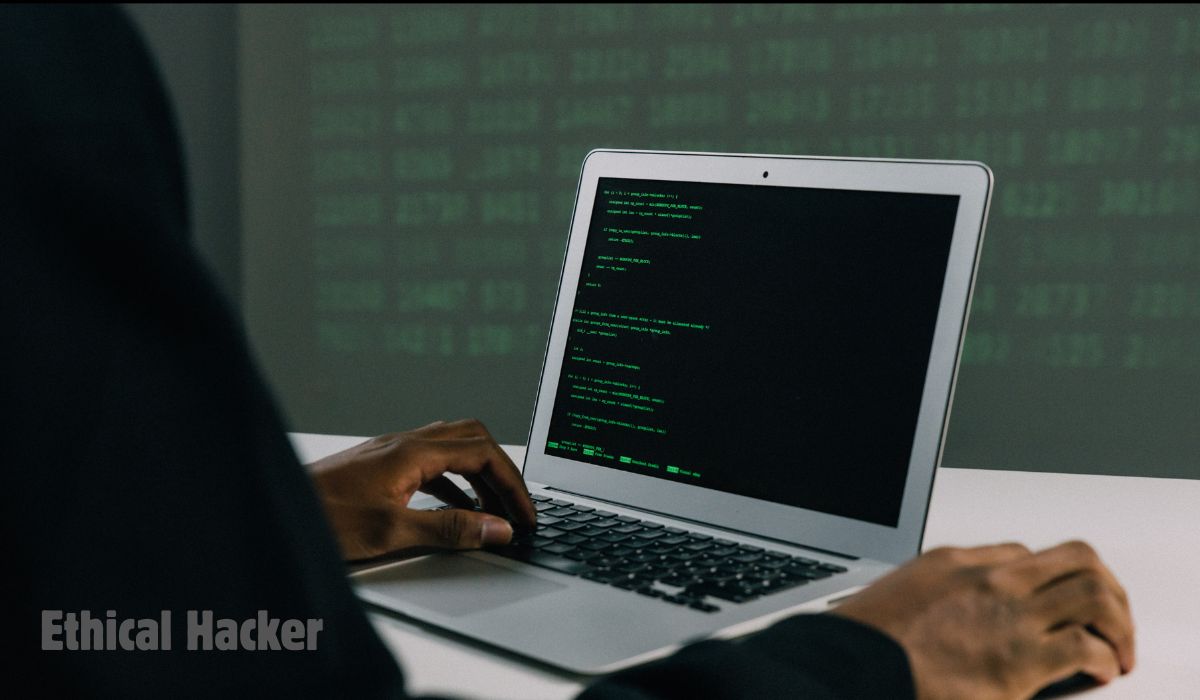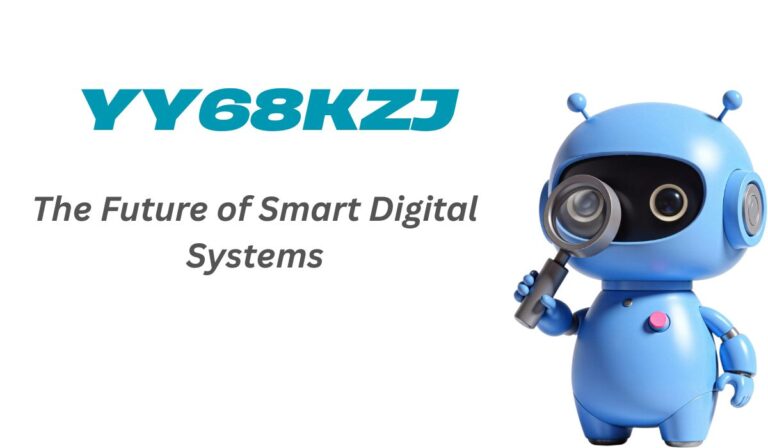
In the digital age, where cyber threats are growing more sophisticated by the day, ethical
hackers have emerged as the unsung heroes of cybersecurity. Unlike malicious hackers, whose
aim is to exploit vulnerabilities for personal gain, ethical hackers—often called “white hats”—use
their skills to protect systems, networks, and data from attacks. But what does it really mean to
be an ethical hacker, and what do they do behind the scenes? Let’s take a closer look inside
their minds.
Understanding Ethical Hacking
At its core, ethical hacking is about thinking like a hacker—but for the greater good.
Organizations hire ethical hackers to probe their systems for weaknesses before malicious
hackers can exploit them. This proactive approach to cybersecurity helps prevent costly data
breaches, financial losses, and reputational damage.
Ethical hackers operate under strict legal and professional guidelines. They have explicit
permission from organizations to test their security systems, distinguishing their work from
illegal hacking. Their goal is not to steal information but to uncover vulnerabilities and
recommend solutions.
The Mindset of an Ethical Hacker
The first thing to understand about ethical hackers is their mindset. They are naturally curious,
analytical, and detail-oriented. Where most people see a password field or a login portal, an
ethical hacker sees potential weaknesses, misconfigurations, or overlooked loopholes.
They adopt a hacker’s perspective, thinking about how someone with malicious intent might
exploit a system. This requires creativity as well as technical skill. Ethical hackers often need to
simulate the methods of cybercriminals, such as phishing attacks, malware deployment, or
exploiting software vulnerabilities, but always in a controlled and legal environment.
Daily Tasks and Responsibilities
- Ethical hacking is far more than simply breaking into systems—it is a structured,
methodical process that demands careful planning, precise execution, and thorough
documentation. Ethical hackers take on a variety of tasks to protect systems and
networks, including: - Vulnerability Assessment – Ethical hackers meticulously examine systems to pinpoint
weaknesses. This can involve checking software for known vulnerabilities, reviewing
network configurations, evaluating employee practices that may introduce risks, or
analyzing hardware components for potential flaws. - Penetration Testing – Commonly called “pen testing,” this process simulates real-world
cyberattacks to evaluate the effectiveness of security measures. Ethical hackers attempt
to breach defenses in a controlled environment, identifying gaps before malicious actors
can exploit them. - Security Audits – Comprehensive audits are conducted to ensure that systems and
protocols adhere to security policies. This includes reviewing access controls, firewallconfigurations, encryption methods, and even hardware security through activities like reverse engineering PCB boards to detect hidden vulnerabilities or design flaws that could be exploited. - Reporting and Remediation – Once vulnerabilities are discovered, ethical hackers
compile detailed reports outlining the issues and providing actionable recommendations.
These reports guide organizations in strengthening their defenses, improving both
software and hardware security.
Skills That Define an Ethical Hacker
Becoming an ethical hacker requires a mix of technical skills, problem-solving abilities, and
continuous learning. Key skills include:
● Programming Knowledge – Understanding languages like Python, Java, or C++ helps
ethical hackers understand software vulnerabilities.
● Networking Skills – A solid grasp of network protocols, firewalls, and routers is essential.
● Cybersecurity Knowledge – Familiarity with encryption, malware, and operating system
vulnerabilities is crucial.
● Analytical Thinking – Ethical hackers must think several steps ahead, predicting how an
attacker might act.
● Persistence and Curiosity – Many security flaws are hidden and require patience and
creative thinking to uncover.
The Bigger Picture: Protecting Our Digital World
Ethical hackers play a critical role in the fight against cybercrime. Their work helps protect
sensitive data, safeguard financial systems, and maintain trust in digital technologies. In a world
where cyber threats are constantly evolving, ethical hackers are on the frontlines, using their
skills to stay one step ahead of malicious actors.
Moreover, ethical hackers are educators as much as they are testers. They help organizations
build stronger defenses, train employees on security awareness, and promote a culture of
cybersecurity. Their work often goes unnoticed by the general public, but its impact is profound.
In Conclusion
Inside the mind of an ethical hacker, curiosity meets responsibility. Their unique combination of
technical expertise, analytical thinking, and ethical principles allows them to identify
vulnerabilities that could otherwise be exploited by cybercriminals. By thinking like a hacker
while acting with integrity, ethical hackers are not just problem-solvers—they are guardians of
the digital age.
The next time you log in to an online account or make a digital transaction, remember that
somewhere, an ethical hacker might have helped make that interaction safer. Their work is
complex, challenging, and essential, proving that in the battle against cyber threats, the good
hackers are just as critical as the technology they protect.




